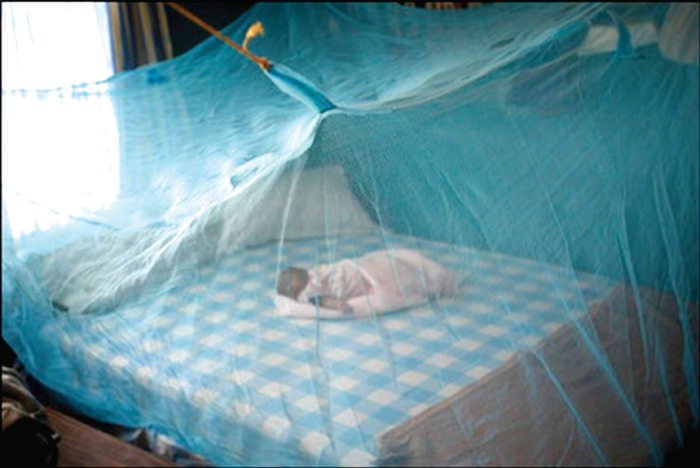This year, the world observes World Malaria Day as greater attention is focused on the coronavirus (COVID-19) outbreak.
Outbreaks like COVID-19 threaten to reverse decades of hard-fought progress against malaria. The pandemic puts extra strain on the provision of essential malaria services, which may lead to higher morbidity and mortality.
Even at the global level, potential impacts include the disruption of supply chains for life-saving commodities such as insecticide treated mosquito nets and anti-malarial drugs.
Without upholding commitments to end malaria, the global community risks losing the major gains made towards malaria elimination.
The COVID-19 pandemic, therefore, underscores the critical importance of having strong surveillance and healthcare systems to effectively address existing infectious diseases such as malaria and new and emerging ones.
Zero Malaria Starts with Me
The theme of World Malaria Day 2020 — Zero Malaria Starts with Me — is a movement dedicated to driving action and making change, and this starts with each and every individual.
In 2018, African Union leaders endorsed “Zero Malaria Starts with Me”, a continent-wide campaign co-led by the African Union Commission and the RBM Partnership to End Malaria, to get more people involved in the fight against the disease that kills 400,000 Africans every year.
Since 2018, 14 African nations have joined the Zero Malaria Starts with Me movement, with more expected to follow later.
Malaria progress
Thanks to an array of innovations, including long-lasting insecticidal nets, rapid diagnostic testing and artemisinin-based combination therapies, as well as the improved use of data for a better targeting and delivery of these interventions, countries and their development partners have been able to prevent, detect and treat millions of malaria cases around the globe.
Since 2000, sustained global investments have driven malaria cases and deaths to historically low levels. In most parts of the world, a child who gets malaria today has a better chance of survival than at any other point in history.
Globally, the elimination net is widening, with more countries moving towards zero indigenous cases. In 2018, 49 countries reported fewer than 1,000 such cases, up from 46 countries in 2017 and 40 countries in 2010.
Ghana’s status
In this country for instance, coverage of implemented interventions has increased over the years. Over the period, the proportion of households with at least one insecticide-treated Net (ITN) increased from 42 per cent in 2008 (DHS 2008) to 73.7 per cent in 2019 (MIS 2019). From 2018 to date, over 20 million nets have been distributed through various channels. Within the same period, over 1.5 million nets were distributed to pregnant women and over 1.6 million distributed to children at 18 months.
ITN use among the population in households with at least one ITN has seen an increase from 52.6 per cent in 2016 to 54.0 per cent in 2019 (MIS 2019).
Despite the remarkable progress, there’s the need to step up the fight. Every two minutes, a child still dies of malaria, a disease of poverty and inequity, with the most vulnerable at the greatest risk of dying from a mosquito bite.
Furthermore, global progress in reducing malaria infections and deaths has levelled off, particularly in countries with a high burden of malaria.
Impact of COVID-19
To sustain the gains, stepped up action is critical to reach those at highest risk – the women and children under five years in sub-Saharan Africa.
Efforts to limit the spread of COVID-19 are also necessary in order not to compromise access to life-saving malaria prevention, diagnosis and treatment services.
“In the light of the coronavirus pandemic, there is a risk of not being able to deliver malaria interventions adequately because of restrictions to prevent the spread of the coronavirus, said Dr Kezia Malm, the Programme Manager of the National Malaria Control Programme (NMCP).
Dr Malm indicated that the burden of financial constraints from the control of coronavirus on countries, as well as its prioritisation over other diseases, posed a financial threat to adequate resources for malaria control in Ghana.
Investment in malaria
Undoubtedly, investment in the fight against malaria is still crucial to help build stronger and more resilient health systems which are central to combatting existing threats such as malaria and emerging ones like COVID-19. The investments in malaria increase capacity of health workers, strengthen supply chain management systems, build real-time surveillance and data management infrastructure, improve laboratories and reinforce monitoring and evaluation.

